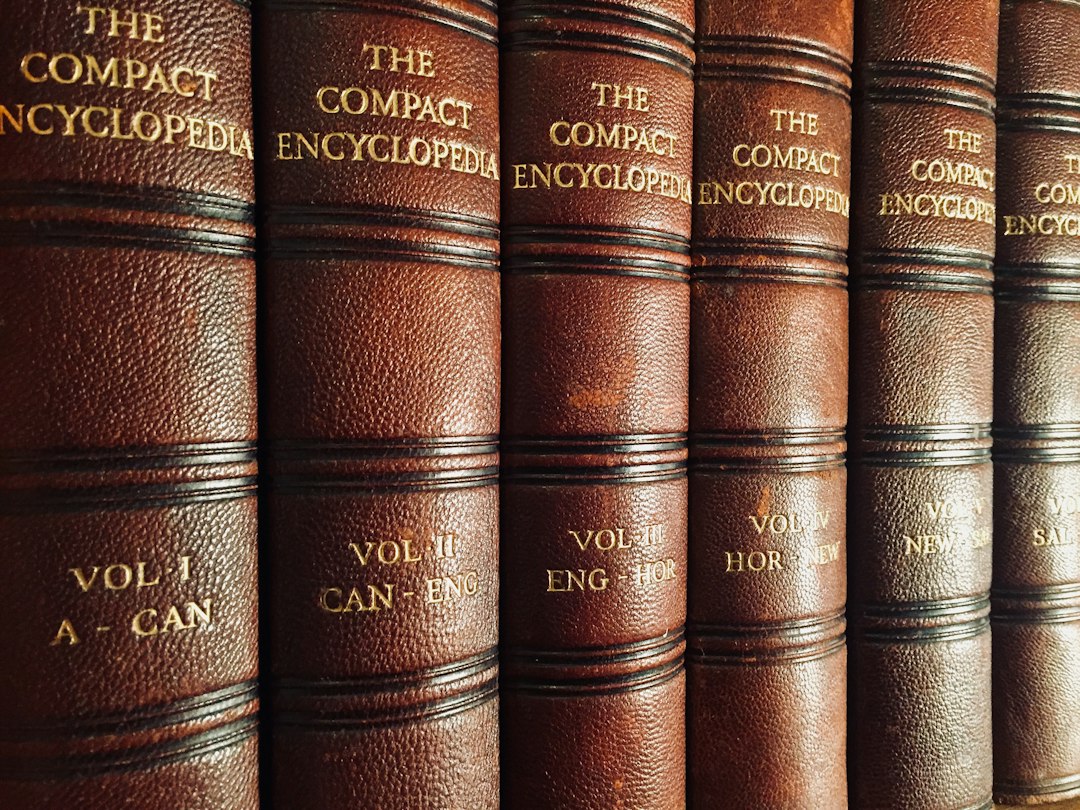The Dos and Don’ts of Contract Drafting
Contracts are the backbone of any legal agreement and play a vital role in establishing legal rights and obligations between parties. Whether you are a lawyer, a business owner, or simply an individual entering into an agreement, understanding the dos and don’ts of contract drafting is essential to ensure clarity, protection, and a solid legal foundation. In this blog post, we will explore some key aspects to consider when drafting a contract.
Dos:
1. Clearly Define the Parties and Purpose: The first and foremost requirement of any contract is to explicitly identify the parties involved and the purpose of the agreement. This ensures that all parties have a common understanding of the contract’s scope and avoids ambiguity or confusion later on.
2. Use Clear and Concise Language: Contracts should be drafted using clear and concise language that is easily understandable by the target audience. Legal jargon and complicated terminology should be avoided as much as possible.
3. Be Specific and Detailed: In order to avoid ambiguity or misinterpretation, it is important to include specific details about the terms and conditions of the agreement. This includes outlining the rights, responsibilities, and obligations of each party in a clear and comprehensive manner.
4. Consider All Possible Scenarios: Anticipating potential issues and including provisions to address them is essential in contract drafting. This includes considering scenarios such as breach of contract, termination, dispute resolution, and the consequences of non-compliance. By addressing these possibilities, you can protect yourself and ensure a smoother resolution in case of any conflicts later on.
5. Include Appropriate Legal Clauses and Provisions: Depending on the nature of the agreement, it is crucial to incorporate relevant legal clauses and provisions. This can include clauses related to confidentiality, intellectual property rights, indemnification, force majeure, and limitation of liability. Working with a qualified attorney can greatly help in determining the necessary provisions for each specific case.
Don’ts:
1. Avoid Ambiguity and Vagueness: Ambiguity and vagueness in contract drafting can lead to misunderstandings and disagreements. Language that is open to interpretation or could have multiple meanings should be avoided. Clarity is key.
2. Don’t Rely on Verbal Agreements: While verbal agreements can be legally binding in certain cases, relying solely on verbal agreements is risky. It is always best to have a written contract that clearly outlines the terms and conditions agreed upon by all parties involved.
3. Avoid Using Copy-Paste Templates without Customization: Although contract templates can serve as useful starting points, they should never be used as-is without customization. Each contract is unique, and failing to tailor the terms to the specific needs and circumstances of the agreement can lead to unforeseen issues.
4. Don’t Overcomplicate the Language: While legal contracts need to be precise, it’s important to strike a balance and avoid using overly complicated language. This can create confusion and hinder understanding from both parties. The goal is to make the contract accessible and easily understandable by all involved parties.
5. Don’t Rush the Drafting Process: Contract drafting requires time and attention to detail. Rushing through the process can lead to errors, omissions, or inadequate coverage of important terms. Take the time to review each section thoroughly and seek legal advice if needed.
In conclusion, effective contract drafting requires attention to detail, careful consideration of all parties’ rights and obligations, and a clear and concise writing style. By following the dos and avoiding the don’ts mentioned above, you can ensure that your contracts are legally sound, protect all parties involved, and serve as a solid foundation for any legal agreement. Remember, when it comes to contracts, clarity is key!

